By Russtum G. Pelima
MAASIM, Sarangani (October 24, 2008) – Up the limestone hills of this town is a small community where mothers find from neighbors a small-time business.
Maybe worth more than that that the ladies, once quitted the business, had really never stopped them from pushing harder the hobby of cooking that brings a little savings for the family.
A village built by Gawad Kalinga in barangay Seven Hills has Daisy, Evelyn, Bem-bem and Martina enjoying the support of their community in slowly building their business called Debemar's Food Products. They process and produce sweetened banana chips.
Because of this, they are able to encourage more mothers, whose husbands mostly are fishermen, join the association.
"Paningkamot lang (It's just hard work)," Daisy, 39, a mother of three, mused. Daisy takes charge of putting the right ingredients for and frying their crispy sweet, delicious banana chips.
"Malingaw man mi ug naga-income pa (We enjoy at the same time we earn)."
Thus born the business name Debemar (Daisy, Evelyn, Bem-bem and Martina), too.
The mothers started their business with only a P700 capital.
The misfortunes that gripped Seven Hills two decades ago, being the place once declared a no-man's-land where bandits' reign, now is blessed with children and 28 families who live a simple and peaceful life.
Although the peace and order was broken when Moro Islamic Liberation Front rebels attacked Maasim town proper on August 18, relief and security action from government quickly flushed out the bandits.
"After the past three months, the conflicts now in Maasim and neighboring towns have subsided, residents returned to their homes," said Vice Governor Steve Chiongbian Solon. "As has always been, the provincial support will go on to uplift our people from poverty."
Among the assistance Debemar's enjoy are the Couples for Christ's donation of a building for banana chips processing and at least six technology transfer and skills trainings from the municipal social welfare office, the Sarangani Chamber of Commerce and Industry (SCCI), non-government organizations, and Department of Trade and Industry (DTI) provincial office.
"Sa una man gud gamay lang among market ug gusto sa mga myembro magbahin dayon sa kita. Pero karon kabalo na mi kay daghan naman mi training (Before, we had a very limited market and the members want to get their portions right away, but now we know what to do because of our trainings)," Martina said.
"The Chamber conducted such seminars for these very small enterprises to give them confidence to enter a business, equipped with the basic accounting and marketing skills," said Ed Cejar, former chairman of SCCI.
In 2006, before the community mothers stopped their business due to management problems, they produced not even half of their volume today.
With the help of DTI and the Rural Micro-Enterprise Promotion Programme (RuMEPP), Debemar has its association papers forwarded to the Department of Labor and Employment, a business requirement.
RuMEPP, a seven-year program by the International Fund for agricultural Development (IFAD) with DTI as implementing agency, piloted micro-enterprises in Sarangani in 2006. One of these micro-entrepreneurs is Debemar's Food Products.
Because of its competitive advantage in terms of availability and processing, the One-Town One Product recommended by the province for RuMEPP is cardaba banana. Fresh cardaba banana and the processed banana chips have both local and export market.
In the mid-year of 2005, the Philippines exported a total volume of 19,920 metric tons of banana chips valued at US$21.08 million. This showed a 4% increase compared to the whole year of 2004, according to the Department of Agriculture Agribusiness and Marketing Assistance Services.
In a study conducted by RuMEPP, global sales for more natural and organic food are expected to reach US$100 billion in 2008. Global market for processed fruit such as banana chips increase as consumers worldwide are leaning towards more healthy food.
The Bureau of Investments has 18 registered firms of banana chips manufacturers in the Philippines with a total capacity to produce 5.13 million metric tons at full capacity. These manufacturers have their own ways of producing banana chips and taste uniquely of their own.
For Debemar's, yet a small micro-enterprise, humbly processes six kilos of the sab-a banana to make 280 packs of banana chips in 3 gram-pack at P5 which they personally deliver to friend-vendors at the public market. The mothers fry this volume twice a week.
It would take the whole day to manually complete processing a batch of banana chips.
First, the bananas are classified for the correct size and checked for disease. After peeling, the bananas are sliced, then air-dried on a screen mat inside the building.
The chips are deep fried in a big pan over wood fire, then soaked into another pan with the sweetening ingredients, drained, and fried again. To preserve its crisp, the chips are air-dried before being packed, weighed, and sealed for delivery.
"Despite environmental constraints in bringing assistance to the communities, we persevered in implementing the RuMEPP in order to see a growing business by them and may change their lives," DTI provincial director Nenita Barroso said. (Russtum G. Pelima/SARANGANI INFORMATION OFFICE)
Subscribe to:
Post Comments (Atom)




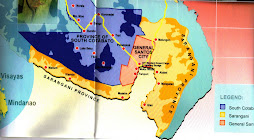

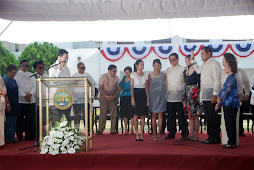
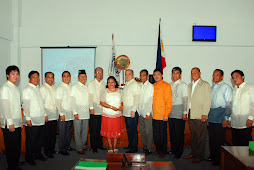

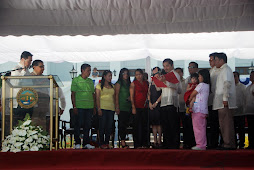
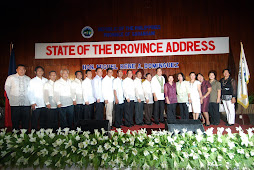
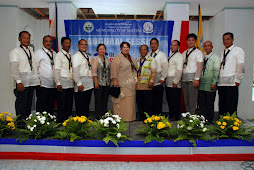




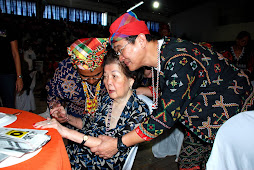


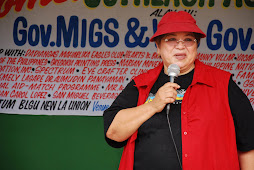


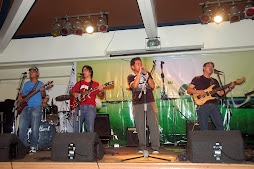


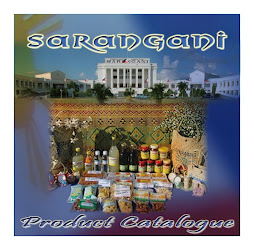

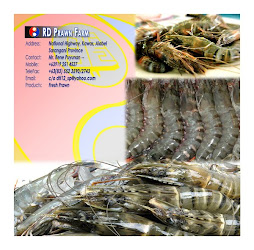
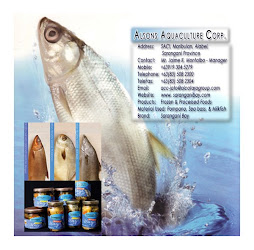
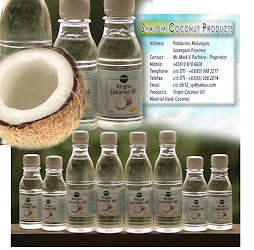

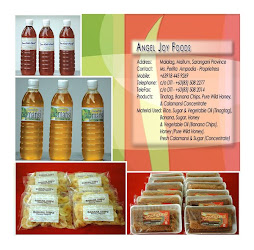
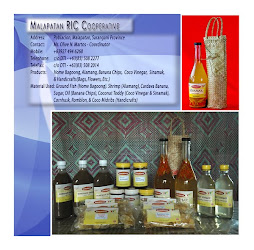

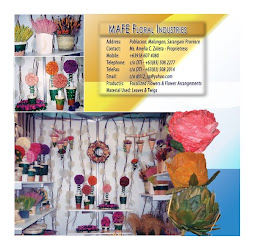
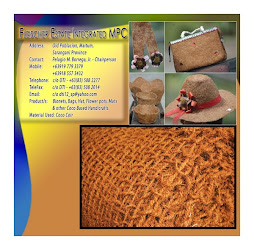
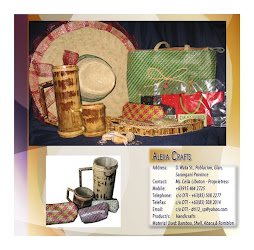
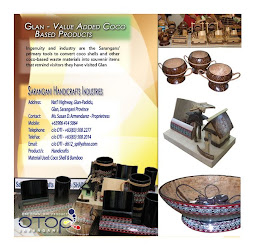
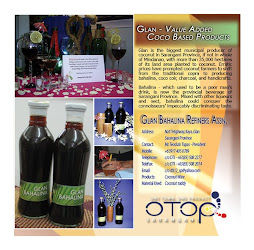
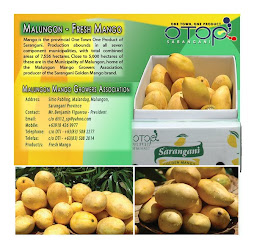
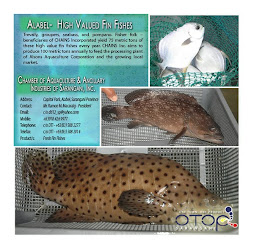
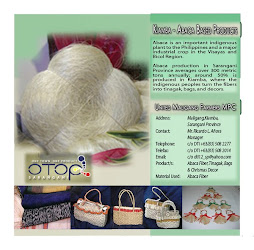

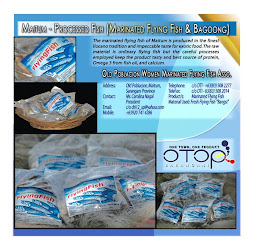
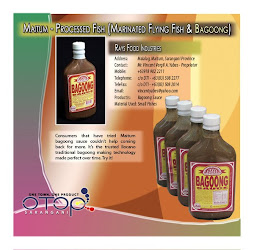
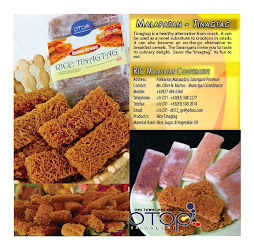
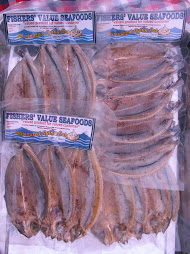
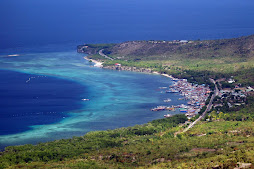
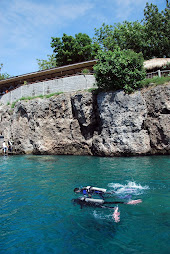
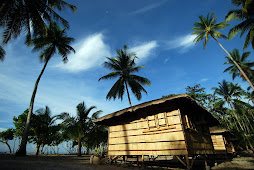


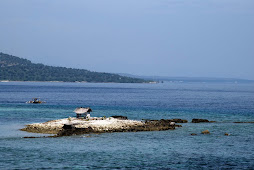
No comments:
Post a Comment